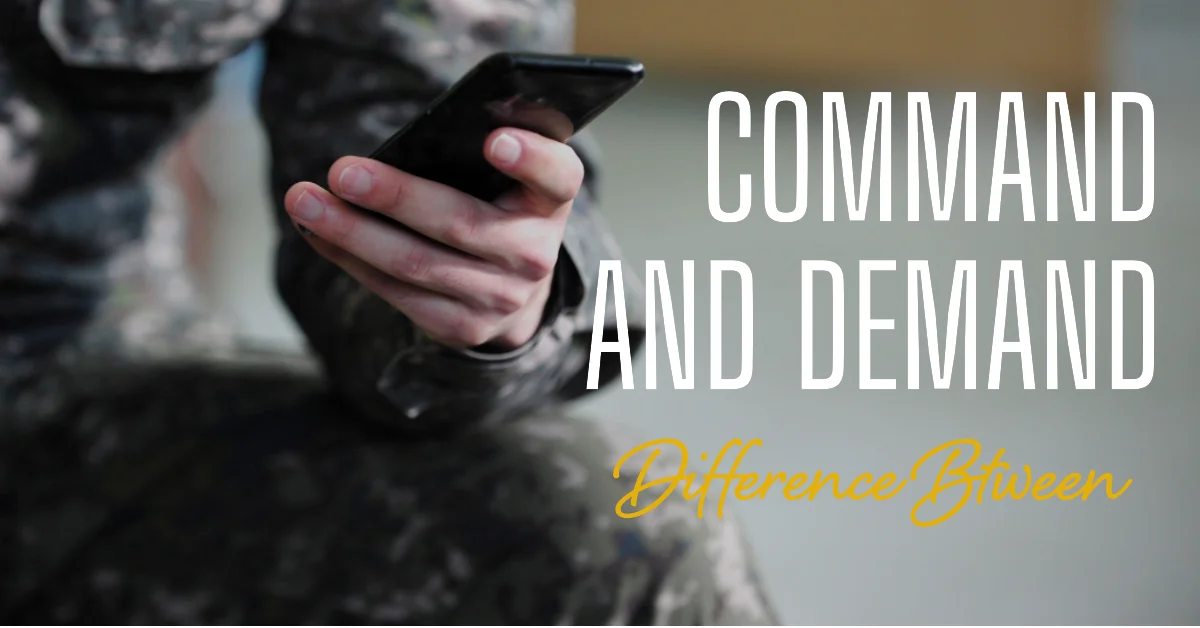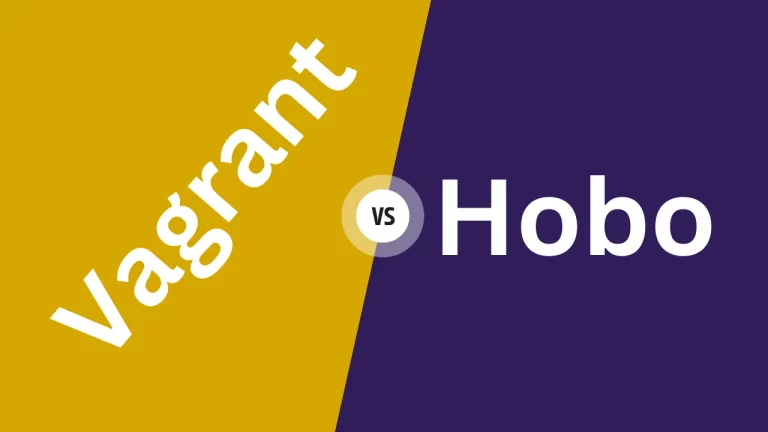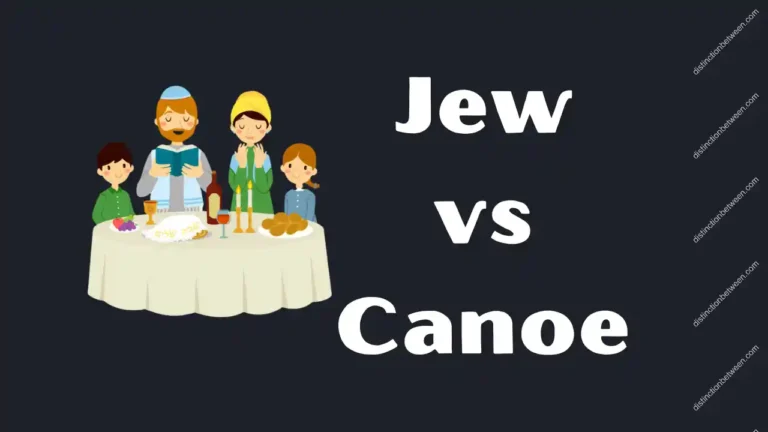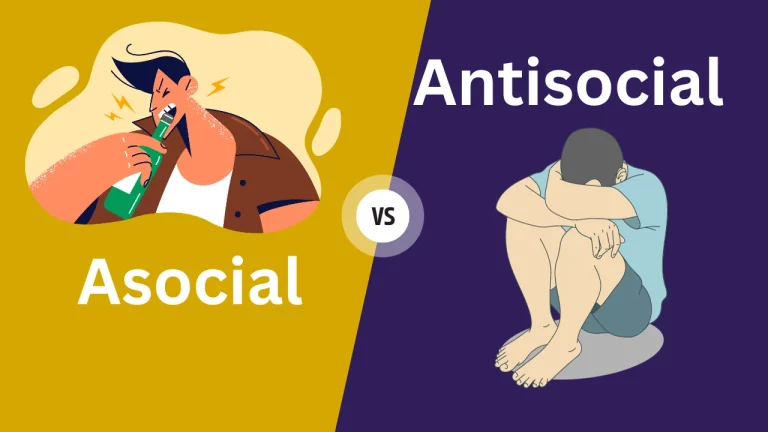Difference Between Command and Demand
Command vs Demand
Understanding the difference between command and demand can be quite subtle, as they often seem synonymous. However, they significantly differ in meaning, tone, and usage. A command is typically an order given in authority. In military higher positions person has power to command their subordinates. Commanding comes with authority and expecting obedience. A Demand is a strong request made without higher position. Unlike a command, a Demand usually involves a struggle.
To help differentiate the two terms, let’s examine their definitions and contextual implications.
What is the Difference Between Command and Demand Psychology?
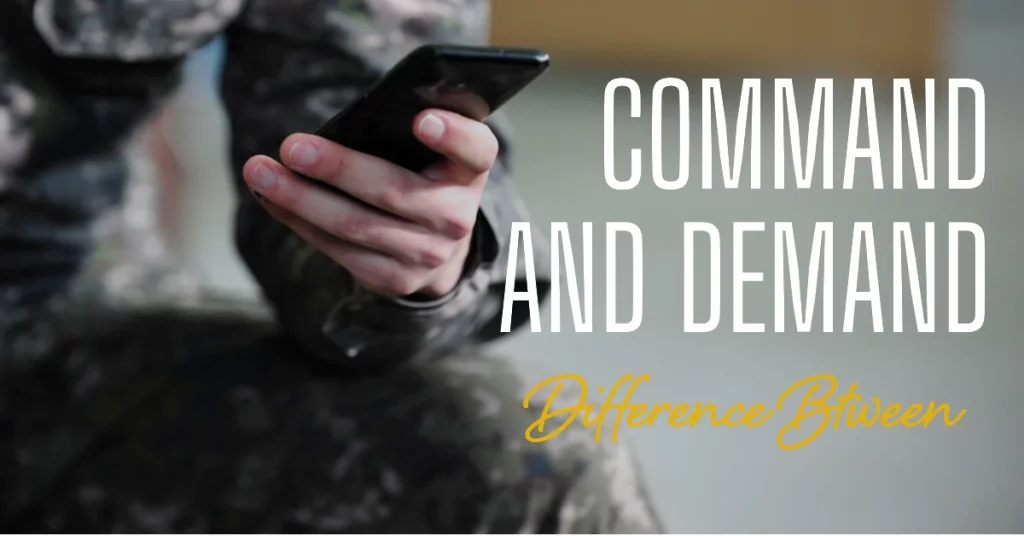
Command
- Definition: A command is an authoritative order or direction given by someone in a position of higher authority.
- Authority: Commanding comes with authority. When someone gives a command, he hold a position of power or status to issue such directives.
- Semantic field: Control, authority, direction, mandate.
- Common contexts: Military, workplace, formal communication between individuals of different ranks or positions.
- Example sentence: The general commanded the troops to advance towards the enemy lines.
- Negative connotations: Commands can sometimes be seen as domineering, inflexible, or overly controlling.
- Struggle: There is usually no struggle involved between the parties when a command is given. The assumption is that the person has the authority to issue the command, and the recipients are expected to follow it without hesitation.
- Respect: A leader who commands respect gains that respect naturally. Such a leader is often respected for their ability to make decisions, provide guidance, and inspire others to follow their directives willingly.
- Influence or Force: When it comes to command, influence is a key factor. An authoritative figure who can effectively issue commands will often have the ability to inspire and persuade others to act without applying overt force.
Demand

- Definition: A demand is an emphatic, request or call for something to be actioned or provided. It is a strong insistence to do something, often without direct authority.
- Authority: Demanding generally lacks authority. Demands often come from individuals who do not necessarily possess the authority to enforce what they are asking for, which can create tension and resistance.
- Semantic field: Request, necessity, insistence, expectation.
- Common contexts: Negotiations, interpersonal relationships, business transactions.
- Example sentence: The workers demanded better pay and improved working conditions.
- Negative connotations: Demands can come across as aggressive, uncompromising, and self-serving.
- Influence or Force: In contrast, demands typically involve force. Someone who demands something generally lacks the influence or authority required to bring about the desired change. Instead, they may resort to applying force or pressure to achieve their goal, which can undermine their credibility and further aggravate the power imbalance.
- Respect: A leader who demands respect usually has to ask for it explicitly. Such leaders may be seen as less approachable or authoritative, as they have to request the respect they wish to receive, rather than inspire it organically.
- Struggle: Demands, however, often involve a struggle between the involved parties, stemming from a power imbalance. Demanding something can lead to a pushback because the demander lacks the authority to enforce their request or requirement.
Read related post : What is Difference Between Violence and Abuse
In summary, while command and demand may seem similar at first glance, they differ in several important ways. Commands are orders given with authority and influence, often inspiring respect and compliance, while demands typically stem from a lack of authority, involve force, and can lead to struggles and resistance.

